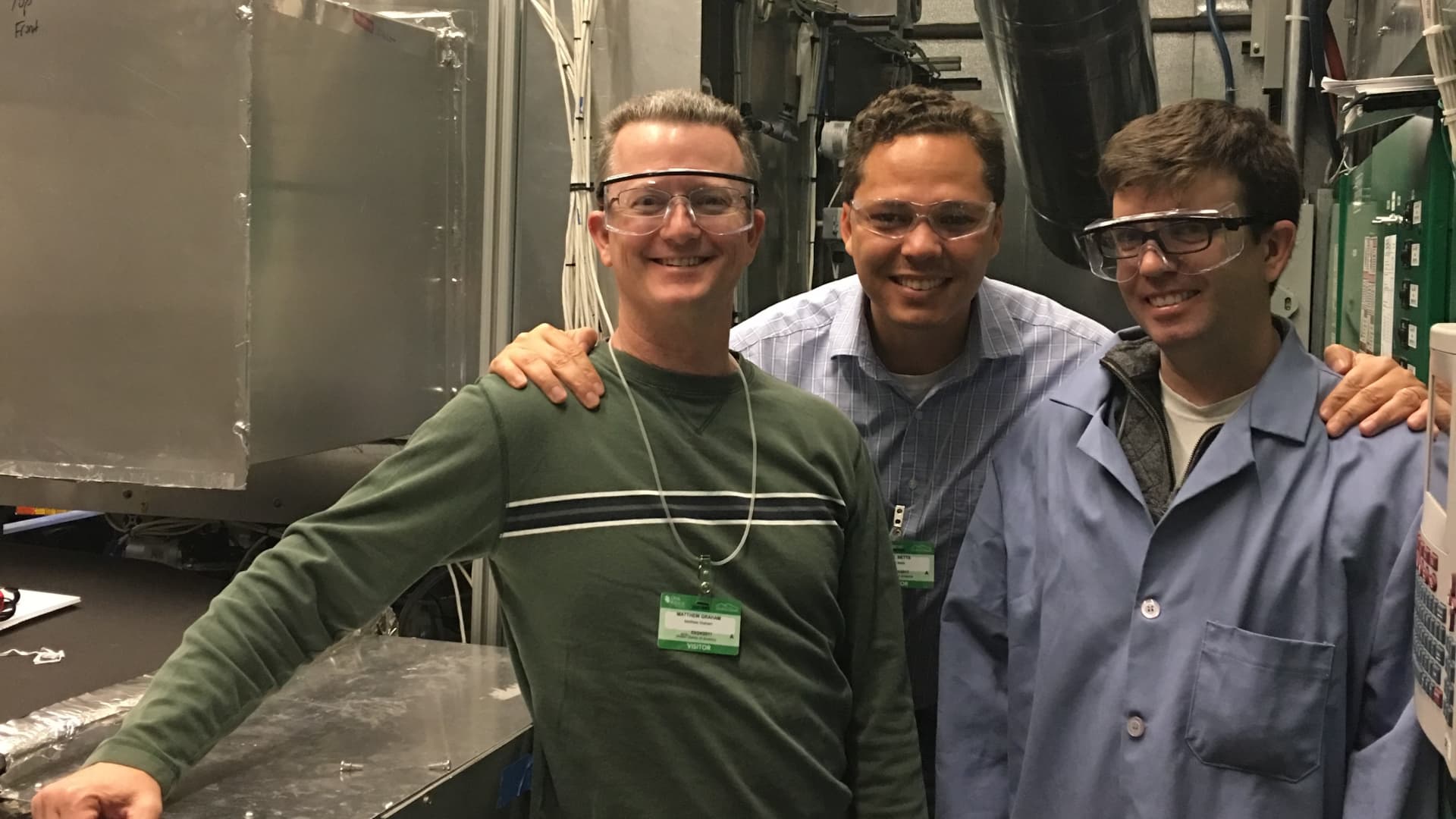Central Air Conditioning Unit Maintenance Guide



Throughout the year, your HVAC system is in charge of keeping you comfortable. In the winter, your central air conditioning unit will keep everyone warm, and in the summer, it will keep you and your family cool. It also helps to distribute fresh air and remove contaminants and allergens by ventilating the air in your home. What happens, though, when an HVAC system is no longer operating as well as it should?
Simply put, you and your family will no longer be comfortable inside your home, and your utility expenses will likely increase significantly. Repairs can sometimes fix efficiency problems, but other times, it may be required to arrange a complete HVAC replacement. But how can you know whether your HVAC system has to be replaced or if a repair will suffice? Continue reading to discover some key indicators that it’s time to replace rather than repair your heating, ventilation, and air conditioning system.
You can’t maintain a comfortable temperature in your home
Finding it difficult to maintain a suitable temperature in your house is one of the most obvious signals it’s time for a new HVAC installation. This can include finding it difficult to keep your home cool in the summer and warm in the winter. It may not be able to remove humidity as effectively as it formerly did, resulting in a less comfortable indoor atmosphere.
Whenever an HVAC system becomes old or in need of maintenance, it ceases to function as effectively as it once did. When a machine isn’t working properly, it didn’t handle the job it was built to do. When your home’s temperature can no longer be maintained at a comfortable level, you should start considering getting a new central air conditioning unit.
You’ve noticed a rise in dust in your house
An HVAC system or central air conditioning unit is designed to move air as well as heat or cool your home. Your HVAC system will filter out a lot of the dust and allergens in the air this way. If you see more dust around your house, it’s a sign that your HVAC system isn’t properly circulating and filtering the air. The first step is to determine whether or not the air filters need to be changed or cleaned.
However, if this does not resolve the issue, your unit may no longer be able to function properly.
 The Right Time To Replace Your Central Air Conditioning Unit
The Right Time To Replace Your Central Air Conditioning Unit
Your HVAC system is over ten years old
An HVAC unit’s average lifespan varies between 10 and 20 years, depending on various conditions. If the system is more than ten years old, it may still appear to be functional, but in actuality, it’s most likely become a lot less efficient and may be costing you a lot of money.
Many contemporary HVAC units are significantly more energy-efficient. Some units have such a high-efficiency rating that they will eventually pay for themselves. As systems age, they begin to show signs of wear and tear. The more a heating and cooling system is used, the faster it wears. Replacement becomes a more and more cost-effective alternative after a certain point because you’ll save money on repairs, cleaning, and energy costs.
Your electricity bills are excessively high
When you need more heating or cooling than normal, you should expect a minor increase in your electricity bills. Winters that are very cold and summers that are scorching are two prominent reasons for temporary increases in energy bills. But what if your energy expenses keep rising despite no obvious changes in how you use your unit? The increase in prices may be gradual, but it can add up to a significant sum over time. If this describes your scenario, it’s probably time to replace your central air conditioning unit.
A repair will cost half of or more than a replacement
If your air conditioning or heating system breaks, the cost of repair will tell you whether it’s cost-effective to replace it. Experts advise pushing through with a replacement if the repairs cost half or more than a new device. The notion is that more significant repairs usually indicate a machine that is nearing the end of its useful life. It’s not a good use of time, money, or effort to pay half or more of the cost of an HVAC replacement.
Final thoughts
It’s difficult to know whether a broken central air conditioning unit requires new thermostat batteries or a major repair unless you’re a qualified HVAC technician. For households with older AC units, the question of whether to repair or replace the machine arises frequently. It’s a big decision to replace your aging air conditioner. Modern units can last up to fifteen years, so be sure you get the right one for your home’s cooling requirements.
